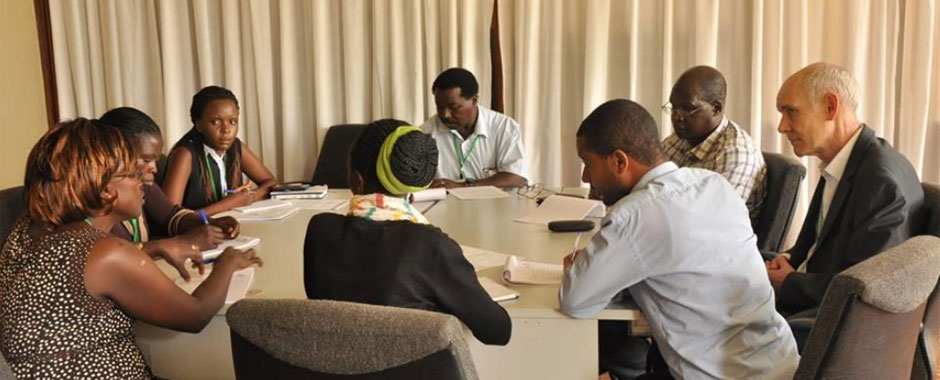Kenya has witnessed a proliferation of research interventions on both international and national fronts. The country is a host to renowned research and development agencies such as the CGIAR, UN bodies plus several regional research, advocacy and policy bodies all of which are working to fix Kenya’s and wider Africa’s sustainability challenges. Through these interventions, efforts have mainly concentrated to unlock technical and economic fixes for transforming livelihoods and economies, whether new agricultural technologies or ‘’robust’’ energy options or even huge infrastructural interventions.
While this approach to research has yielded some benefits including new technological solutions to emerging problems of hunger and energy poverty among others, the transformative value of these interventions remain unclear as most parts of Kenya’s population remain poor, food insecure alongside widening inequality gaps. Recently, there has been growing realization that certain underlying social drivers of change, if addressed, could help unlock the transformative potential of economic and technical fixes to pressing sustainability problems facing Kenya and Africa as a whole. The launch of the Newton Utafiti Fund on 6-7th March 2017 in Kenya through the support of the ERSC marks a great turning point for Kenya to rethink and dig deep into some of the underlying social issues that have historically impeded transformations in priority socioeconomic sectors of Kenya. As such, this blog offers some thoughts around some key areas and opportunities for social research that the Utafiti fund might benefit from.
